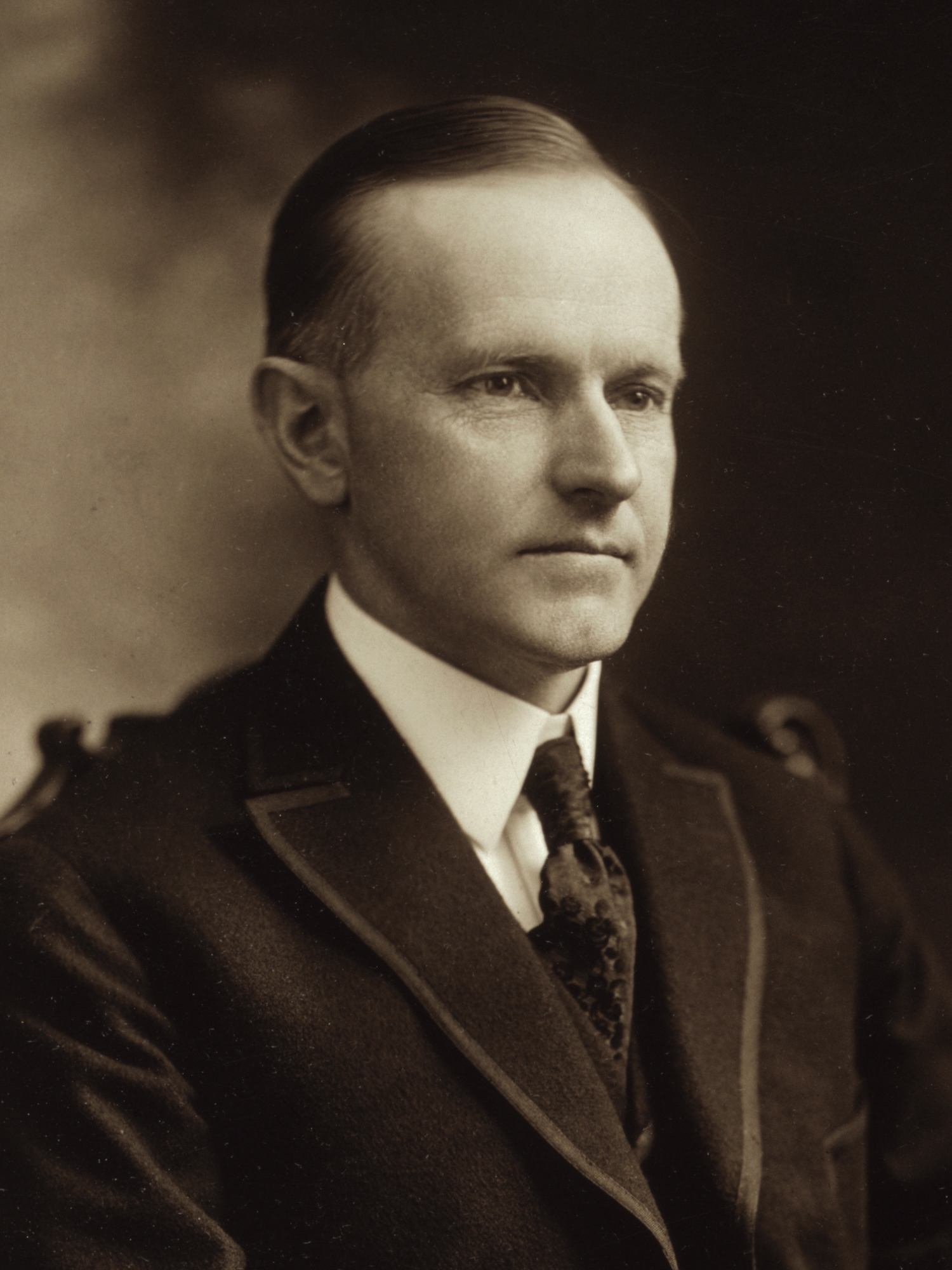1920s, The Genius of America (1924)
Context: It is my belief that those who live here and really want to help some other country, can best accomplish that result by making themselves truly and wholly American. I mean by that, giving their first allegiance to this country and always directing their actions in a course which will be first of all for the best interests of this country. They cannot help other nations by bringing old world race prejudices and race hatreds into action here. In fact, they can best help other countries by scrupulously avoiding any such motives. It can be taken for granted that we all wish to help Europe. We cannot secure that result by proposing or taking any action that would injure America. Nor can we secure it by proposing or taking any action that would seriously injure some European country.
Calvin Coolidge Quotes
1920s, Second State of the Union Address (1924)
1920s, Second State of the Union Address (1924)
1920s, Second State of the Union Address (1924)
1920s, Ordered Liberty and World Peace (1924)
1920s, The Genius of America (1924)
1920s, Freedom and its Obligations (1924)
1920s, Freedom and its Obligations (1924)
1920s, Second State of the Union Address (1924)
1920s, Second State of the Union Address (1924)
1920s, The Reign of Law (1925)
1920s, Ordered Liberty and World Peace (1924)
1920s, America and the War (1920)
1920s, Second State of the Union Address (1924)
1920s, Toleration and Liberalism (1925)
1920s, Law and Order (1920)
1920s, The Press Under a Free Government (1925)
1920s, Whose Country Is This? (1921)
Source: As quoted in The Human Odyssey: Volume 2 by Tanim Ansary et al, p. 653.
Massachusetts must lead in teaching it.
1920s, Law and Order (1920)
1920s, The Press Under a Free Government (1925)
1920s, Whose Country Is This? (1921)
1920s, The Reign of Law (1925)
1920s, Ordered Liberty and World Peace (1924)
1920s, Second State of the Union Address (1924)
1920s, Duty of Government (1920)
Foundations of the Republic; Speeches and Addresses (1926), p. 451.
1920s
1920s, Ordered Liberty and World Peace (1924)
1920s, Authority and Religious Liberty (1924)
1920s, Authority and Religious Liberty (1924)
Foundations of the Republic; Speeches and Addresses (1926), p. 451.
1920s
1920s, Ways to Peace (1926)
1920s, The Democracy of Sports (1924)
1920s, Authority and Religious Liberty (1924)
1920s, Second State of the Union Address (1924)
1920s, The Progress of a People (1924)
1920s, The Democracy of Sports (1924)
1920s, Address at the Black Hills (1927)
1920s, Toleration and Liberalism (1925)
It may not be given to infinite beings to attain that ideal, but it is none the less one toward which we should strive.
1920s, Toleration and Liberalism (1925)
1920s, The Genius of America (1924)
1920s, Freedom and its Obligations (1924)
1920s, Ways to Peace (1926)
1920s, The Genius of America (1924)
1920s, Freedom and its Obligations (1924)
1920s, Ordered Liberty and World Peace (1924)
1920s, Whose Country Is This? (1921)
1920s, Second State of the Union Address (1924)
1920s, Law and Order (1920)
1920s, Ways to Peace (1926)
